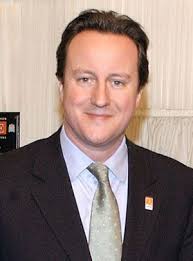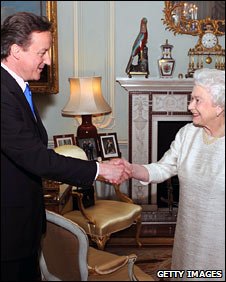Prime Minister David Cameron has said he will fight for Turkey to become a member of the European Union as he addressed business leaders in the country’s capital Ankara.

The PM said Turkey’s economic rise was an opportunity for other EU states, not a threat, and also highlighted the nation’s contribution to the NATO effort in Afghanistan.
Mr Cameron said he wanted to establish a new partnership between Britain and Turkey because it was “vital” for the UK economy, security and politics.
The PM said:
“When I think about what Turkey has done to defend Europe as a NATO ally, and what Turkey is doing today in Afghanistan alongside our European allies, it makes me angry that your progress towards EU Membership can be frustrated in the way that it has been. My view is clear. I believe it’s just wrong to say that Turkey can guard the camp but not be allowed to sit in the tent.
“So I will remain your strongest possible advocate for EU membership and for greater influence at the top table of European diplomacy. This is something I feel very strongly, very passionately about. Together, I want us to pave the road from Ankara to Brussels.”
Mr Cameron added that Turkey could be a “unifier” because of its links to both East and West and called on the country’s government to “push forward aggressively” with the EU reforms it is already making to help its bid for membership.
Later, the PM met Prime Minister Recep Tayyip Erdogan for talks and signed a new Strategic Partnership document setting out how the two Governments will intensify relations in a range of areas, including trade, defence, and culture.
- Listen to the joint press conference
Earlier, Mr Cameron laid a wreath at the mausoleum of Mustafa Kemal Ataturk, the founder of modern secular Turkey.
The visit to Turkey is only Mr Cameron’s fifth bilateral overseas visit since becoming Prime Minister, following trips to France, Germany, Afghanistan and last week’s visit to the US.
Listen to the speech
Speeches and transcripts: PM’s speech in Turkey
Speeches and transcripts: Press conference with Turkish PM
The Prime Ministers Office
Number 10



